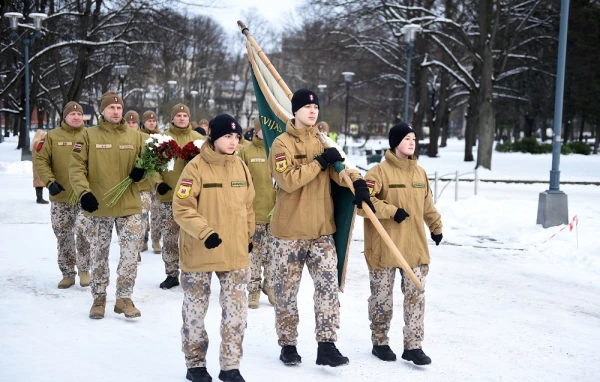
Civic education in Latvian schools only minimally contributes to the development of national identity and patriotism, a study by associate professor Ieva Berzina of the Vidzeme University has shown.
Young people's knowledge of civic issues is low, and the distinction between the concepts of 'patriotism' and 'nationalism' is unclear to most. These topics are rarely developed in the curriculum. School students seldom reflect on issues of statehood, and patriotism is often shaped by family influence and personal values. There is a diversity of opinions: some young people consider themselves patriots, some nationalists, and some neither.
The willingness of youth to defend the country in the event of a military conflict also varies. In schools where students predominantly belong to national minorities, there is a more pronounced desire to emigrate from Latvia, while among Latvian youth, local patriotism prevails.
Moreover, the war in Ukraine has intensified radicalism and the divide between Latvian and Russian-speaking students. "Schools lack state recommendations on how to shape civic identity and support when facing conflicts with parents whose views are shaped by Russian propaganda," writes the author of the study.
Civic education is implemented unevenly: due to schools' freedom in choosing materials and the absence of a unified standard, the system is described as a 'black box'.
The authors of the study recommend developing a national strategy for civic education, creating unified teaching materials, strengthening the role of humanitarian and social subjects, and establishing a minimum mandatory level of civic knowledge for all graduates.

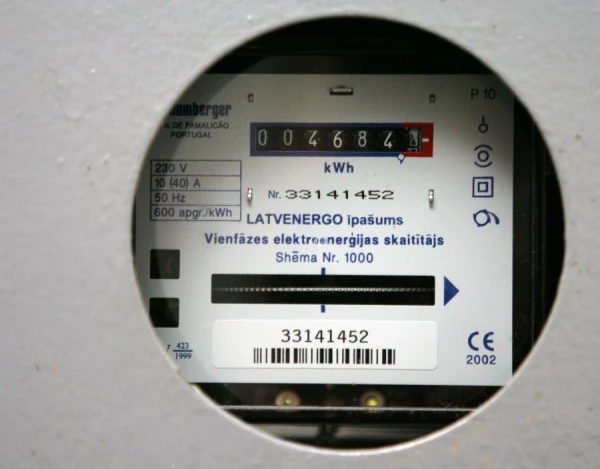

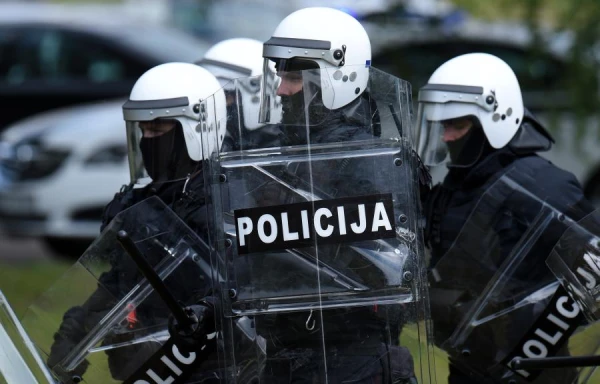

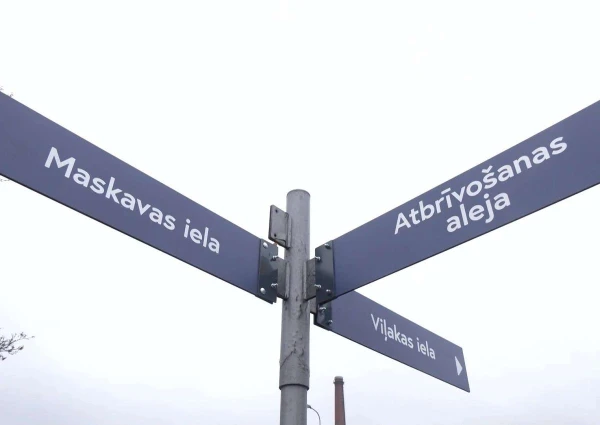

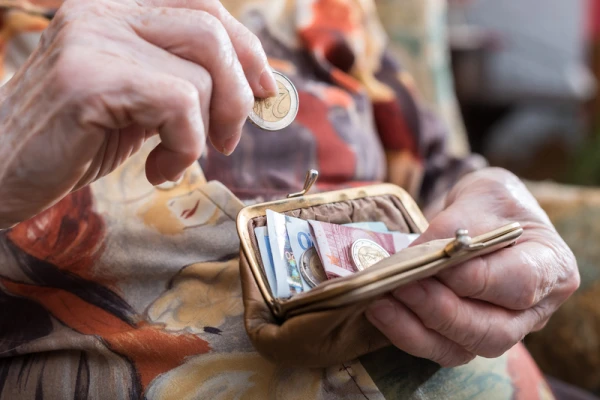
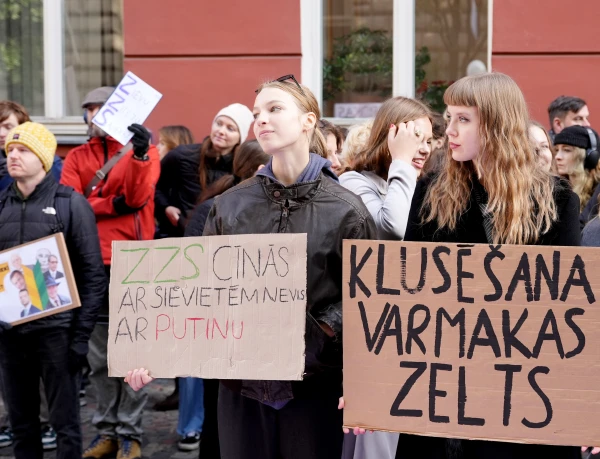






Leave a comment